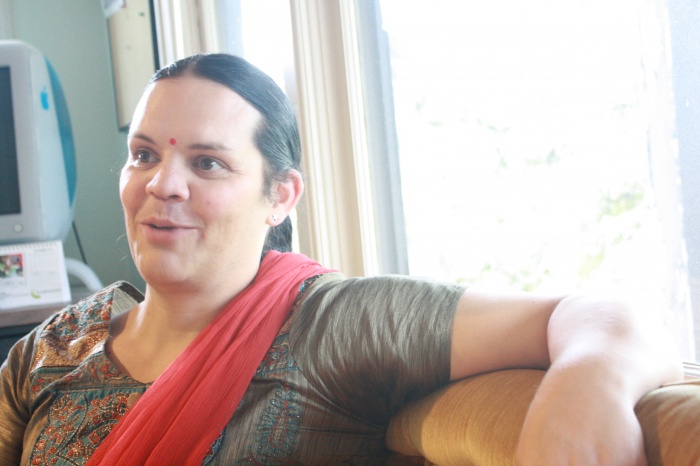From October 7 to 11, the Camosun College Student Society (CCSS) women’s collective will be collecting clothes for PEERS, a local non-profit organisation dedicated to empowering, educating, and supporting sex workers in Victoria.
PEERS, which works with local sex workers to improve their working conditions and assist those who wish to leave the sex trade, has been forced to close their drop-in center due to recent complications with their funding. With winter coming, the street workers, many of who are homeless, are in desperate need of warm clothing, so the Camosun women’s collective decided to step in and help.
“They do get some clothing donation from local organisations, but unfortunately most of the clothes they get are sizes, like, 10 and up. So they need clothing that will actually fit the people they are trying to support,” says CCSS women’s director Daphne Shaed. “We’re looking specifically for sizes 0 to 8 women’s.” (Shaed also notes that because many of the workers don’t have homes, any light camping gear would be especially appreciated.)
Shaed says the idea to help collect clothing for PEERS was brought to her by Camosun student and women’s collective member Sunny Burke, who is doing her practicum with the organization. Shaed says she immediately thought it was an excellent idea.

“It’s not like PEERS is some big international charity and it’s really important to support local organisations. They’re a great organisation and we’re really happy to do anything we can to help them out, especially in light of the drop-in centre closing,” she says.
PEERS is one of only two organizations in BC (the other being WISH located in Vancouver) that was established to advocate for and support sex workers. They serve over 500 individuals each year, 145 to 170 of which regularly accessed the drop-in center.
“People are unlikely to go to other services, either because they don’t want the additional stigma or they don’t qualify,” says PEERS executive director Marion Little, whose staff struggles to maintain the existing services. “Our street outreach programs continue to operate. Day outreach is operating based on funding from the United Way and individual donors, and night outreach operates based on funding from the health authority, individual donors, and BC gaming.”
Little says that even if there were 800 more people donating $10 to $20 a month, it would be enough to keep the street outreach programs running and to reopen the drop-in center.
“We’re really encouraged to hear how many people recognise the precious lives of all of our community members,” says Little. “Winter is a hard time for the folks that PEERS serves and socks, and sweaters, and good quality coats and hats are really important.”
Little says she expresses her gratitude to the Camosun women’s center, which has, on top of running the clothing drive, kindly agreed to sort and categorize all the items they receive so that the PEERS staff can dedicate what precious time they have to retaining their current programs.
“We have a large student body of almost 10,000 people and we’re hoping that if everybody pitches in we can raise a lot of resources for PEERS,” says Shaed in anticipation of the campaign. “There’s a variety of opportunities to donate to volunteer organisations out there that students can take, and PEERS is a valuable service in our community that’s struggling right now and could really use our help.”
Clothing items and camping gear can be dropped off at the student society offices at either of Camosun’s campuses, located in the Fisher foyer at Lansdowne, or on the ground floor of Campus Centre at Interurban.
